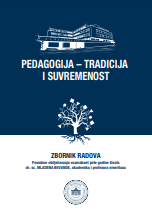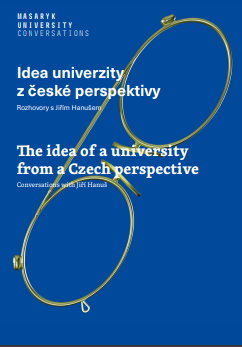
We kindly inform you that, as long as the subject affiliation of our 300.000+ articles is in progress, you might get unsufficient or no results on your third level or second level search. In this case, please broaden your search criteria.














Interview with Kateřina Šimáčková by Jiří Hanuš.
More...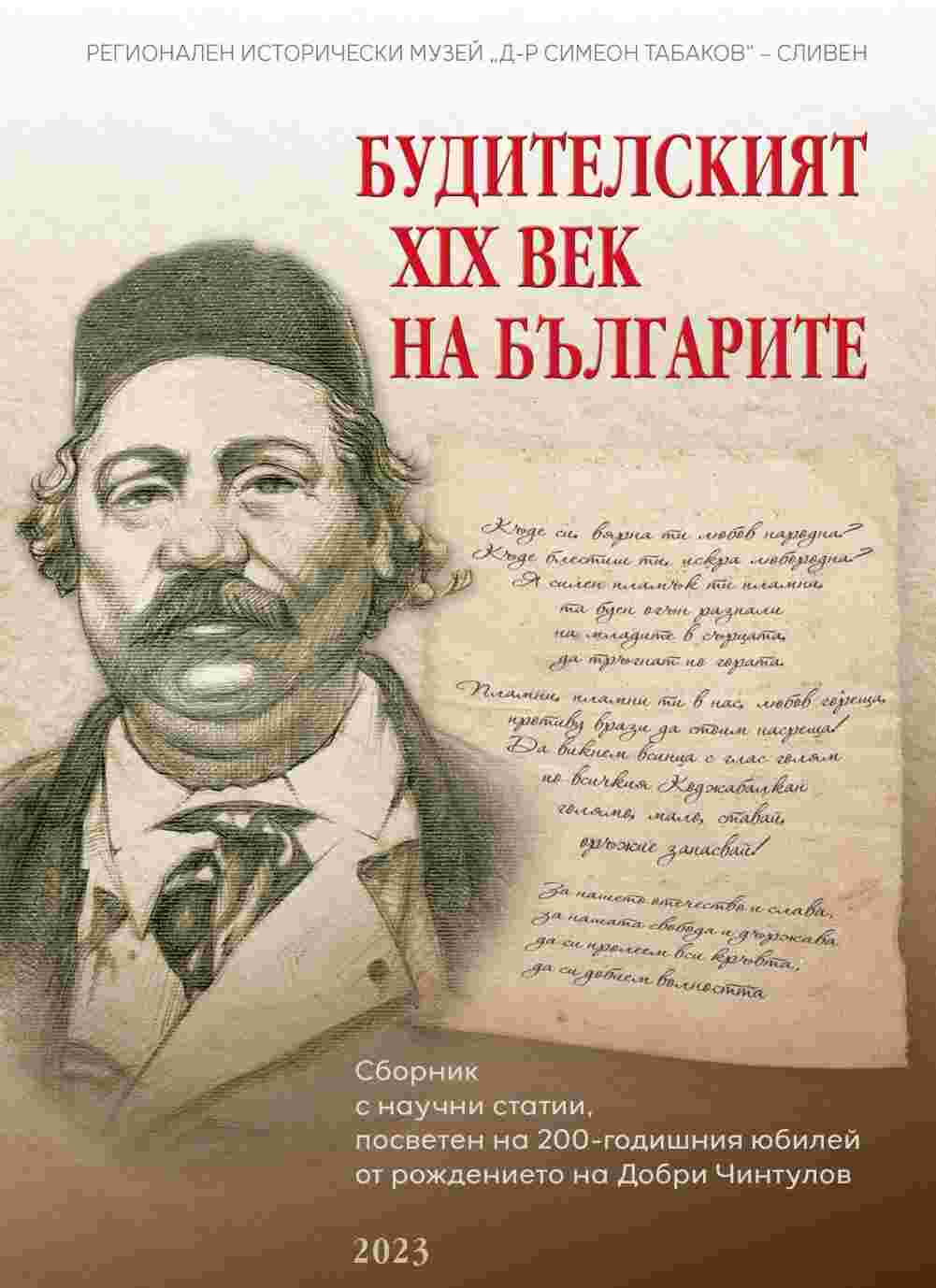
The current research paper examines the issue, related to the development of education in Sliven during the period of the Bulgarian Revival until the First World War. The topic is very broad encompasses a large timeframe and includes a number of events and processes. Particularly, it traces the creation, the school construction and the personalities, who have contributed to the rise of high-level education. The study begins with the development of the first schools in Sliven during the 19th century. An emphasis is put on the spread of girls' education, the establishment of boys’ and girls’ high schools as well as on the first vocational school. Traced is the activity of the church and city’s municipalities. Briefly examined are facts about notable teachers, involved in the education of the city during this period. There have been used multiple resources, aiming to give a clearer picture and accuracy about the education in Sliven within the period considered.
More...
Au cours des dernières semaines, de nombreuses voix se sont élevées pour signaler la crise du mouvement étudiant en Tchécoslovaquie. Pour que nous puissions serrer de plus près la situation créée, en chercher les sources et les solutions qui apparaissent, je propose une excursion historique dans laquelle j ’aimerais dessiner l’évolution du mouvement étudiant à Prague au cours des cinq, six dernières années, c’est-à-dire durant la période où ce mouvement n’a pas perdu sa continuité. Je ne parlerai qu'occasionnellement de la vie estudiantine dans les autres villes de Tchécoslovaquie, surtout parce que l’importance des événements estudiantins dans ces secteurs est proprement provinciale, et presque toujours une conséquence des événements praguois.
More...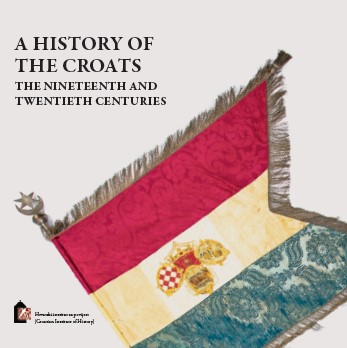
Napoleon’s conquests tailored a new map of Europe, and after his defeat a new European order had to be created. This was achieved at the Congress of Vienna, which lasted from September 1814 to June 1815. It was attended by as many as 64 delegations from various European countries, led mostly by foreign ministers. The most prominent participants were the foreign ministers of the European superpowers of Great Britain, Prussia, France, and the Habsburg Monarchy, as well as the Russian Minister of State. One of the key figures guiding the decisions of the Congress was the Austrian Minister of Foreign Affairs, Prince Klemens Lothar Wenzel Metternich. The main goals of the Congress were to restore rulers and states on the principle of legitimacy where possible, rewarding the victors, and to ensure peace. All states that had contributed to Napoleon’s final defeat made territorial gains. At the Congress of Vienna, the Habsburg Monarchy (Austrian Empire) confirmed its rule over the Lombard-Venetian Kingdom, and the Habsburg dynasty maintained its influence in other Italian states through its side branches. Dalmatia and the Croatian regions south of the Sava, and the Slovene provinces that had been under Napoleon’s rule, were restored to the Monarchy.
More...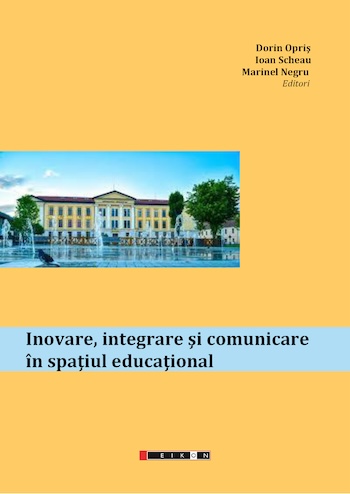
After 1990, Bulgaria entered a new era profoundly shaped by democratic and social changes. Until that point, the communist regime had suppressed religious education for nearly five decades, enforcing a system based on atheism. In this context, the reintegration of religious education encounters numerous challenges, including the pronounced secularization of society, the cultural legacy of atheism, and the absence of public consensus on the necessity of religious education. Although Bulgaria's legal framework supports religious freedom, religious education remains optional and is offered in a limited number of schools. The strained relationship between the Church and the State, coupled with the optional nature of the subject and the administrative difficulties faced by teachers of religion, adversely impacts the implementation of religious education. This article analyzes these issues and underscores the need for additional efforts to strengthen religious education, acknowledge religious identity, and integrate it into an increasingly diverse Bulgarian society.
More...
Milica Smajević Roljić An Interpretation of the Educational Process from the Perspective of Kant’s Philosophy of History and Legal-Political Theory; Olga Nikolić - Emancipatory and Ideological Functions of Education; Andrija Šoć - Deliberative Education and Quality of Deliberation: Toward a Critical Dialogue and Resolving Deep Disagreements; Aleksandar Ostojić - Knowledge Versus Production: Michel Serres and Idiosyncratic Roads of Education; Sanja Petkovska - Decolonial Emancipation on the Postsocialist Peripheries and the Future of Critical Pedagogy
More...